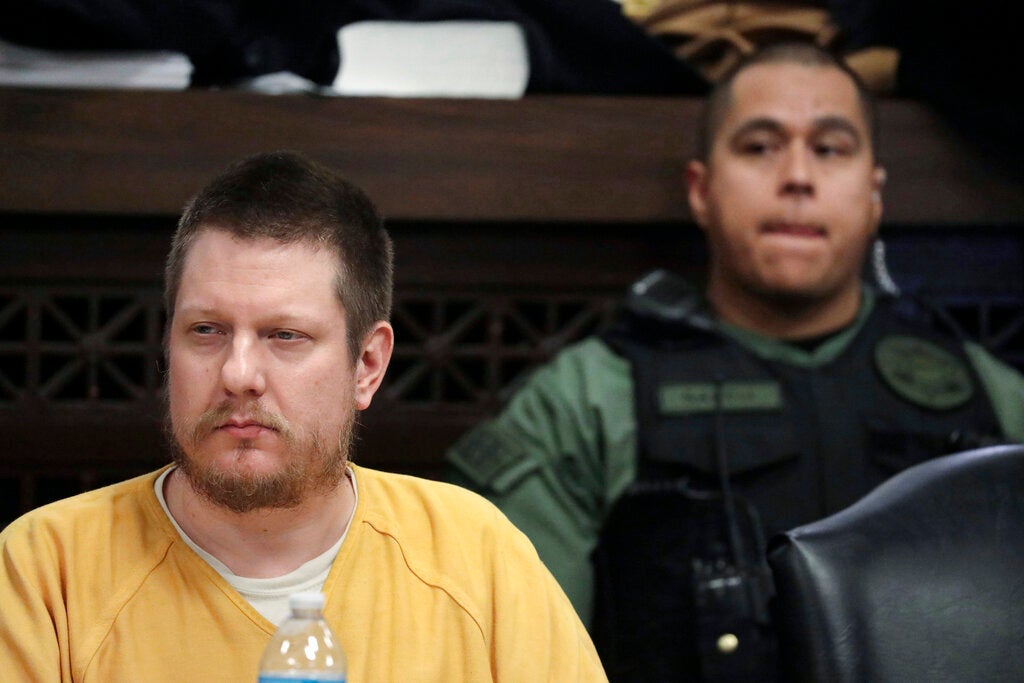Van Dyke avoids federal charges in Laquan McDonald’s death
CHICAGO (AP) — Federal authorities on Monday said they will not criminally charge Jason Van Dyke, the former Chicago police officer convicted of murder in the 2014 shooting death of Black teenager Laquan McDonald.
The U.S. Attorney’s Office in Chicago said in a news release that the decision was made after consulting with the McDonald family and that the “family was in agreement not to pursue a second prosecution.”
According to the release, prosecuting Van Dyke on federal charges would have been much more difficult than it was to prosecute him in state court because the burden of proof is far higher.
Federal prosecutors “would have to prove not only that Mr. Van Dyke acted with the deliberate and specific intent to do something the law forbids, but also that his actions were not the result of mistake, fear, negligence, or bad judgment,” the office explained in the release. “It requires federal prosecutors to prove beyond a reasonable doubt what Mr. Van Dyke was thinking when he used deadly force, and that he knew such force was excessive. ”
Van Dyke, who was captured on video shooting the teenager 16 times, was convicted in Chicago in 2018 of second-degree murder and aggravated battery and sentenced to 81 months in state prison. The former officer served less than half that sentence before he was released from prison in February.
His release prompted calls from civil rights leaders, community activists, and others who were angry about what they saw as a lenient sentence, for federal prosecutors to charge Van Dyke again.
But the release suggested that another prosecution would not give those critics the kind of satisfaction they were seeking. It said even if Van Dyke was convicted again, a federal judge would consider such factors as the time Van Dyke has already served in prison as well as his good conduct behind bars that led to the his early release.
“Given these factors, there is a significant prospect that a second prosecution would diminish the important results already achieved,” the release reads.
The office of John R. Lausch, Jr., U.S. Attorney for the Northern District of Illinois, also pointed out that not only will Van Dyke never be a police officer again, his arrest and conviction — he was the first Chicago police officer in half a century to be convicted for an on-duty shooting — led to a host of reforms.
Today, for example, video of police shootings must be released within 60 days; Chicago fought for months to prevent the release of police video showing McDonald’s killing before a judge ordered the city to make it publicly available.
Also, while Van Dyke’s name was not made public until he was charged in McDonald’s death more than a year after the shooting, today the city releases the names of officers involved in shootings quickly, sometimes within weeks.



